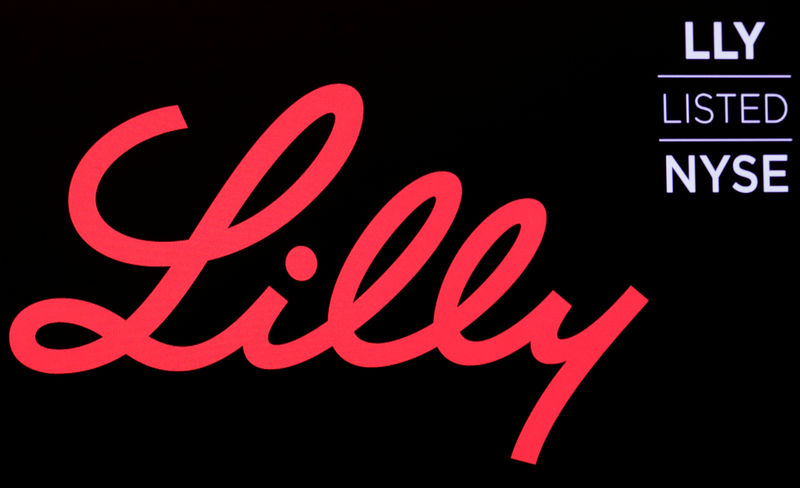Eli Lilly (NYSE:LLY)'s recent foray into the weight-loss market with the approval of its diabetes drug Mounjaro for weight management signals a strategic expansion for the pharmaceutical giant. Earlier this month, Lilly received regulatory approval for Zepbound, further positioning the company in the competitive weight-loss sector. This move comes as Eli Lilly enjoys significant revenue from Mounjaro, indicating market optimism for its growth potential.
On the same front, Pfizer (NYSE:PFE) is working to counteract a decline in stock value due to reduced demand for its COVID-19 products. The company has embarked on an aggressive rollout plan, introducing 13 new products with a goal of 19 over an 18-month period. This strategy is projected to propel Pfizer's revenue to $84 billion by 2030, a figure that would exceed its earnings prior to the coronavirus pandemic.
AbbVie (NYSE:ABBV), meanwhile, is navigating challenges related to its blockbuster drug Humira losing patent protection, which has impacted revenues. The pharmaceutical firm is offsetting these setbacks with the successful approvals of Rinvoq and Skyrizi for various indications. Sales from these drugs are anticipated to surpass Humira's peak sales within the next four years. AbbVie's broad portfolio, which includes strong performers in neuroscience, oncology, and aesthetics, is expected to support continued growth despite the hurdles faced with Humira.
While Eli Lilly's valuation has increased, reflecting confidence in its future prospects, Pfizer and AbbVie have been highlighted as potentially more attractive investment opportunities due to their current undervaluation. Each company is adapting its strategy to navigate the evolving pharmaceutical landscape and capitalize on new market opportunities.
This article was generated with the support of AI and reviewed by an editor. For more information see our T&C.
